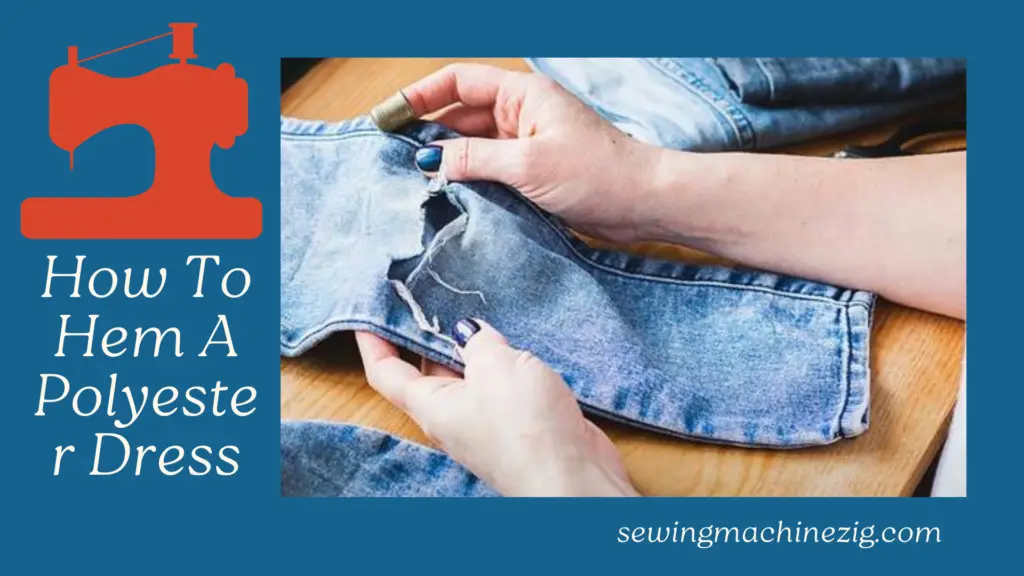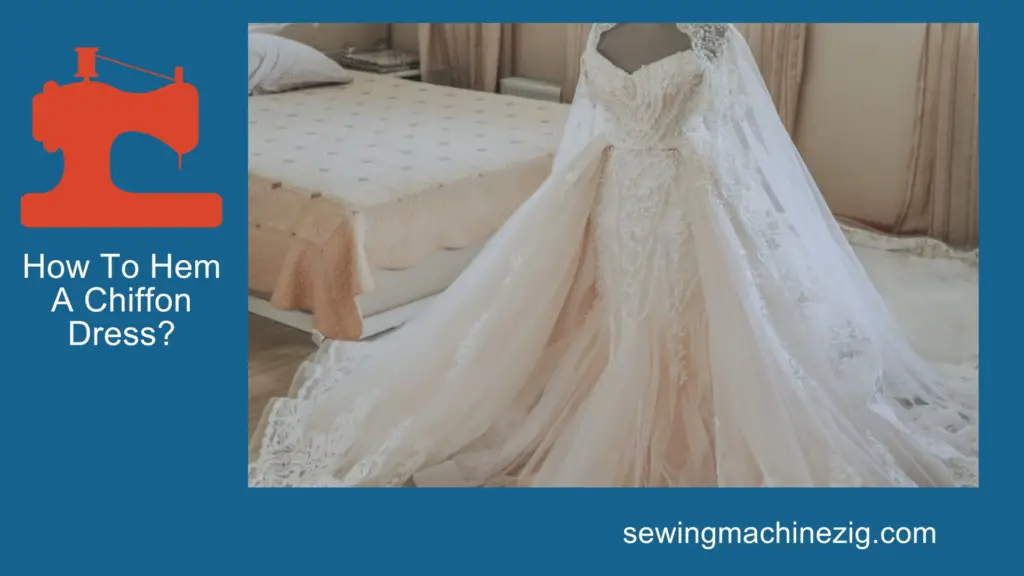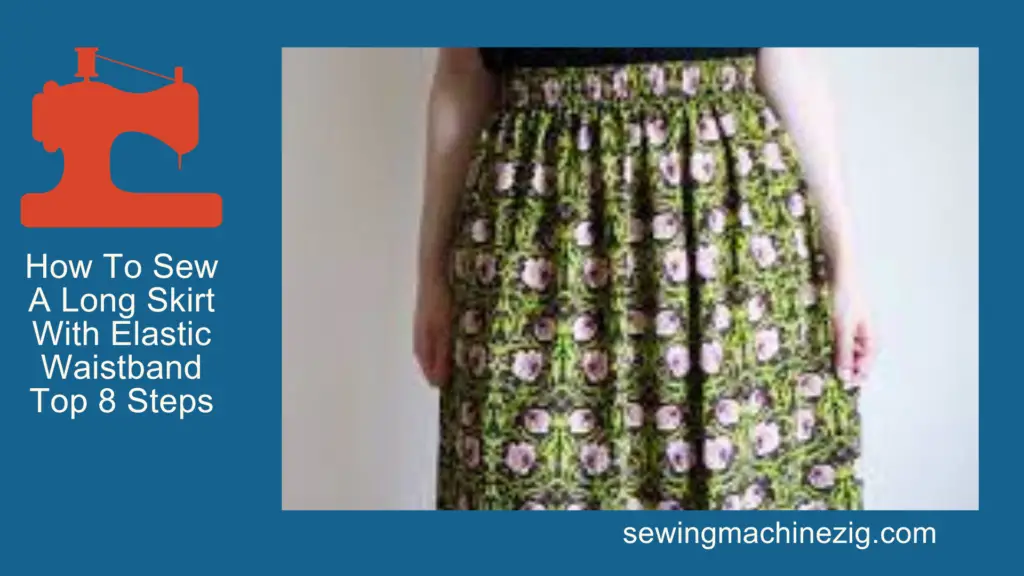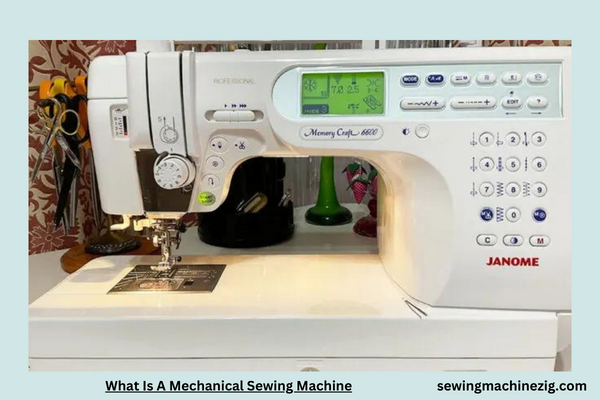
A mechanical sewing machine is a marvel of simplicity and functionality in the world of sewing. Unlike its computerized counterparts, What Is A Mechanical Sewing Machine, relies on basic mechanical components to create stitches. It’s the preferred choice for many traditionalists, hobbyists, and those seeking a straightforward and dependable sewing experience.
Whether you’re a seasoned sewer or just beginning your sewing journey, understanding the features and benefits of a mechanical sewing machine is essential.
In this article, we’ll explore what a mechanical sewing machine is, its advantages, and why it remains a timeless and practical choice for a wide range of sewing projects.
What Is A Mechanical Sewing Machine Detailed Answer
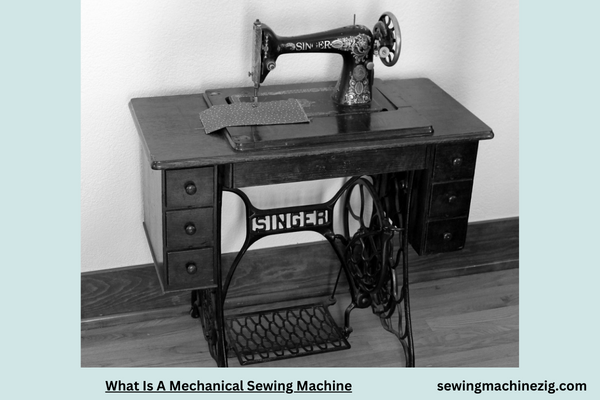
A mechanical sewing machine is a fundamental tool for seamstresses and crafters, but what exactly is it, and how does it differ from other types of sewing machines?
In this comprehensive guide, we’ll explore what a mechanical sewing machine is, its features, advantages, and how to use one effectively for your sewing projects.” What Is A Mechanical Sewing Machine”
A mechanical sewing machine is a type of sewing machine that operates without computerized components or digital controls. Instead, it relies on mechanical parts, manual dials, and levers to control the stitches, tension, and various sewing functions. These machines have been a staple in the sewing world for generations and are known for their reliability and straightforward operation.
Key Features of a Mechanical Sewing Machine:
- Manual Controls: Mechanical sewing machines have manual controls, including dials and knobs, to adjust settings like stitch length, width, and tension.
- Pedal Operation: They are typically operated using a foot pedal, which controls the machine’s speed. The harder you press the pedal, the faster the machine sews.
- Basic Stitches: Mechanical machines offer essential stitch options, such as straight stitches, zigzag stitches, and buttonhole stitches.
- Durability: These machines are built with durability in mind, making them suitable for heavy-duty sewing tasks.
- User-Friendly: Mechanical sewing machines are user-friendly, making them an excellent choice for beginners and experienced sewers alike.
Advantages of a Mechanical Sewing Machine:
- Reliability: Mechanical machines are known for their durability and reliability. They are less prone to electronic malfunctions.
- User Control: The manual controls provide users with a hands-on experience, allowing for precise adjustments.
- Cost-Effective: Mechanical sewing machines are often more affordable than computerized models, making them a budget-friendly option.
- Low Maintenance: These machines require less maintenance and are easy to troubleshoot.
Using a Mechanical Sewing Machine:
- Threading: Follow the machine’s threading guide to thread the needle and bobbin.
- Selecting Stitches: Choose the desired stitch by turning the stitch selection dial.
- Adjusting Settings: Use the manual controls to set the stitch length, width, and tension according to your project’s requirements.
- Starting and Stopping: Control the machine’s speed with the foot pedal. Press gently for slower sewing and harder for faster sewing. Use the handwheel to position the needle at the desired starting point.
- Maintaining the Machine: Regularly clean and oil your mechanical sewing machine to keep it in good working condition.
In summary, a mechanical sewing machine is a reliable and user-friendly tool for various sewing projects. Its manual controls, durability, and cost-effectiveness make it a popular choice among sewers. Whether you’re a beginner or an experienced crafter, a mechanical sewing machine can help you bring your creative sewing ideas to life.” What Is A Mechanical Sewing”
What Is A Mechanical Sewing Machine Vs Computerized
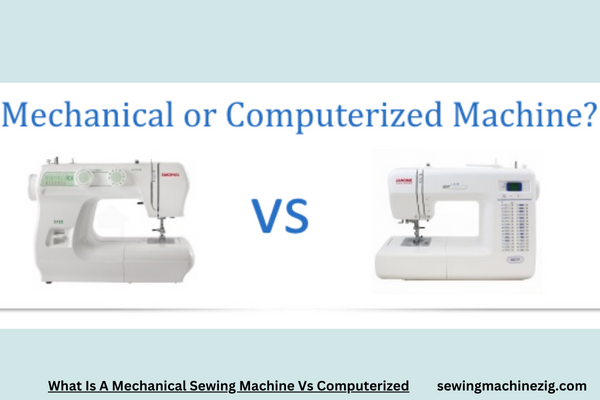
Sewing machines come in various types, and two primary categories are mechanical sewing machines. Mechanical sewing machines have been the trusted workhorses of the sewing world for many years.
In this comprehensive guide, we’ll delve into what a mechanical sewing machine is, how it works, and its advantages, helping you understand its place in the sewing landscape.
Key Characteristics of a Mechanical Sewing Machine:
- Manual Controls: Mechanical sewing machines are equipped with physical dials, levers, and knobs. These controls allow you to adjust settings such as stitch length, stitch width, and thread tension by hand.
- Foot Pedal Operation: To control the sewing speed, mechanical sewing machines utilize a foot pedal. Pressing the pedal harder increases the speed while releasing it slows down the stitching.
- Basic Stitches: Mechanical sewing machines offer essential stitch options, including straight stitches, zigzag stitches, and buttonhole stitches. While the selection may be limited compared to computerized machines, these basic stitches are versatile and suitable for a wide range of sewing projects.
- Durability: Mechanical sewing machines are known for their robust build. They can handle heavy-duty sewing tasks, making them ideal for those who frequently work with thick or challenging materials. Due to their mechanical nature, these machines are less prone to electronic malfunctions.
- User-Friendly: Mechanical sewing machines are renowned for their user-friendly design. This simplicity makes them an excellent choice for both beginners and experienced sewers. There’s no learning curve associated with digital screens or complex settings.
Advantages of Mechanical Sewing Machines:
- Reliability: Mechanical machines are known for their reliability. They are less likely to experience technical issues or electronic malfunctions, providing consistent and dependable performance.
- Affordability: Mechanical sewing machines are often more budget-friendly than their computerized counterparts. If you’re looking for a reliable machine without breaking the bank, a mechanical sewing machine is a great choice.
- User-Friendly: The straightforward manual controls and lack of digital interfaces make mechanical sewing machines approachable for beginners. You can start sewing without the need to navigate complex settings.
- Durability: Mechanical machines are built to withstand heavy use and last for many years. Their sturdy construction ensures they can tackle a wide range of sewing tasks.
- Low Maintenance: Mechanical sewing machines require minimal maintenance and are typically easy to troubleshoot if issues arise.
In summary, a mechanical sewing machine is a reliable and user-friendly sewing tool equipped with manual controls and essential stitch options. Its durability, affordability, and low-maintenance nature make it an excellent choice for sewers of all levels.
Whether you’re a beginner or a seasoned pro, a mechanical sewing machine can be a valuable addition to your sewing room, offering consistent performance and the ability to handle a variety of projects.
Types Of Mechanical Sewing Machine
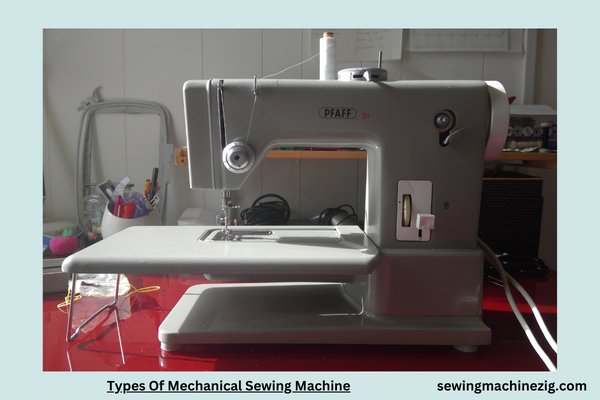
Mechanical sewing machines are known for their simplicity, reliability, and durability. They are available in several types, each designed to cater to specific sewing needs. Here, we’ll explore the different types of mechanical sewing machines and their unique features.
Manual Mechanical Sewing Machines:
- These are the most basic mechanical sewing machines available.
- They have limited stitch options, typically straight and zigzag stitches, and lack advanced features.
- Manual machines are ideal for beginners and those who need a straightforward, easy-to-use machine for basic sewing tasks.
- They are often lightweight and portable, making them suitable for on-the-go sewing.
Heavy-Duty Mechanical Sewing Machines:
- Heavy-duty mechanical sewing machines are built to handle tough sewing tasks.
- They have a strong and sturdy frame, capable of sewing through multiple layers of thick fabrics, denim, or leather.
- These machines are suitable for professional sewers, quilters, and individuals who work on projects that require extra power.
Vintage Mechanical Sewing Machines:
- Vintage mechanical sewing machines are older models that are still functional and sought after by sewing enthusiasts.
- They may come with decorative, ornate designs and wooden cabinets.
- Vintage machines often have fewer stitch options but offer a touch of nostalgia and a unique sewing experience.
Embroidery Mechanical Sewing Machines:
- These machines are designed for basic embroidery work.
- They come with built-in embroidery stitches and may include monogramming features.
- While not as advanced as computerized embroidery machines, they can add decorative elements to your sewing projects.
Industrial Mechanical Sewing Machines:
- Industrial mechanical sewing machines are heavy-duty workhorses used in commercial settings.
- They are designed for high-speed, continuous sewing and are capable of handling a wide range of fabrics and materials.
- These machines are used in industries like clothing manufacturing, upholstery, and leatherworking.” What Is A Mechanical Sewing Machine”
Walking Foot Mechanical Sewing Machines:
- Walking foot machines have a unique feeding mechanism that helps prevent fabric layers from shifting during sewing.
- They are often used for quilting, upholstery, and sewing multiple layers of fabric or materials with varying textures.
- Walking foot machines can handle tasks that might challenge regular mechanical sewing machines.
Serger Mechanical Sewing Machines:
- While sergers are often associated with overlocking and finishing edges, some are purely mechanical.
- These machines are known for their speed and efficiency in trimming, overcasting, and seaming fabric edges.
- Mechanical sergers are preferred by professionals who need quick and reliable edge finishes.
Free Arm Mechanical Sewing Machines:
- Free arm machines have a removable extension bed, allowing you to access a narrow sewing area for tasks like hemming, cuffs, and sewing sleeves.
- They are versatile for a wide range of sewing applications and can be an excellent addition to any sewing room.
When choosing a mechanical sewing machine, consider the type of projects you’ll be working on and your skill level. Mechanical machines offer the advantage of durability and simplicity, making them a great choice for beginners and experienced sewers alike.
Whether you need a basic model for everyday sewing or a heavy-duty machine for demanding tasks, there’s likely a mechanical sewing machine that suits your needs.” What Is A Mechanical Sewing Machine”
Conclusion
In conclusion, understanding What Is A Mechanical Sewing Machine is and the various types available empowers sewers to make informed choices based on their unique needs and preferences. Mechanical sewing machines are celebrated for their simplicity, durability, and versatility, making them a valuable addition to any sewing enthusiast’s toolkit.
From basic manual machines ideal for beginners to heavy-duty workhorses built for demanding projects, there’s a mechanical sewing machine suitable for every sewing endeavor. This knowledge ensures you can select the perfect mechanical companion to bring your creative visions to life.
FAQS
Q1: What is a mechanical sewing machine, and how does it differ from a computerized one?
Answer: A mechanical sewing machine is a traditional sewing tool that relies on manual controls like dials and levers. Unlike computerized machines, which use digital controls, mechanical machines offer simplicity and durability.”What Is A Mechanical Sewing Machine“
Q2: Are mechanical sewing machines suitable for beginners?
Answer: Yes, mechanical machines are ideal for beginners due to their straightforward operation and user-friendly features. They’re great for learning the basics of sewing.
Q3: Do mechanical sewing machines have limited stitch options?
Answer: Mechanical machines typically offer basic stitches like straight and zigzag. While they lack advanced features, they are excellent for essential sewing tasks.
Q4: Can a mechanical sewing machine handle heavy-duty sewing projects?
Answer: Yes, many mechanical machines, especially heavy-duty models, are built to handle thick fabrics, multiple layers, and challenging sewing tasks. They are known fohttps://www.singer.com/machines/mechanicalr their durability and strength.
Q5: What are the advantages of using a mechanical sewing machine over a computerized one?
Answer: Mechanical machines are often more affordable, easier to maintain, and user-friendly. They are preferred for their reliability and durability in handling everyday sewing tasks.

